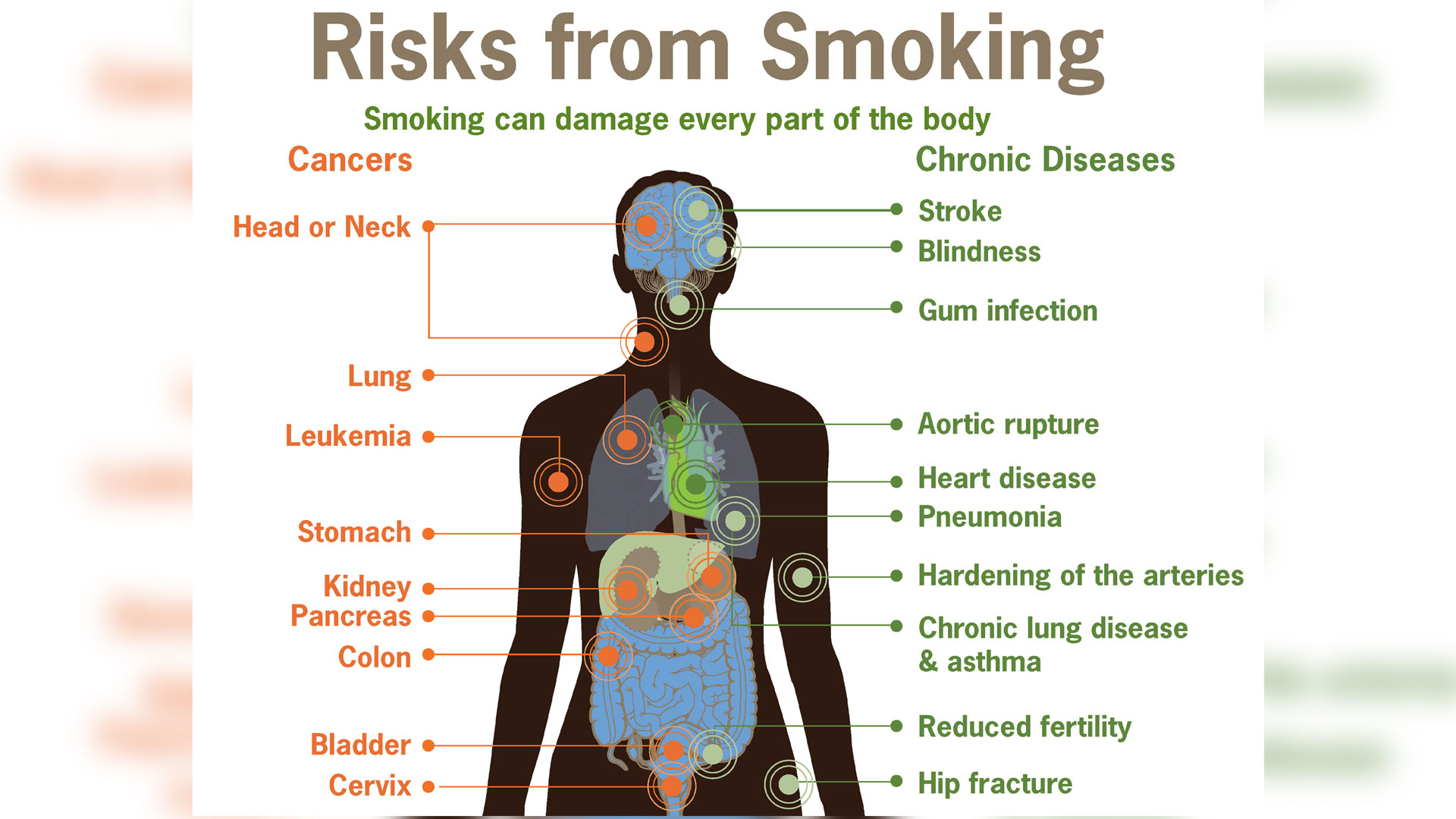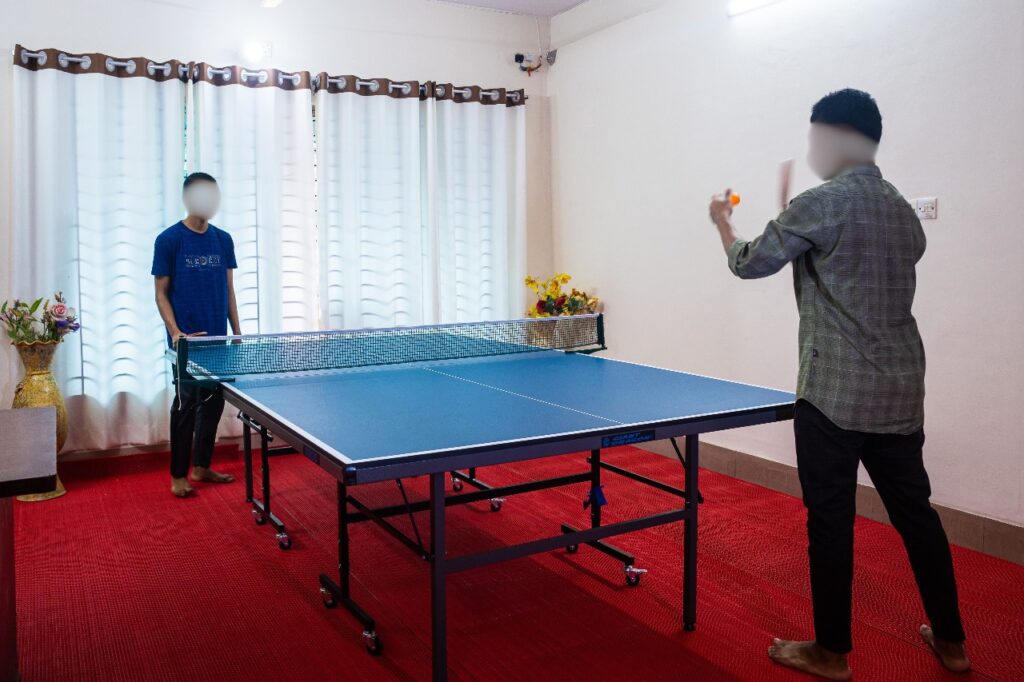It’s very common for recovering addicts to struggle with sleeplessness and insomnia because of transitioning into recovery and stressful events. But, it’s possible to establish a regular sleep routine that helps you achieve quality rest and get good sleep. Sleep routine is essential for overall health, as rest plays a vital role in physical recovery, cognitive function, emotional regulation, and immune system performance. Numerous evidence-based methods can help you improve sleep during recovery.
Tips for Better Sleep in Recovery
Restful sleep enhances willpower and emotional regulation, which are critical for resisting cravings. It also fosters a positive outlook, making it easier to stay motivated and committed to recovery and mood disorder maintenance goals.
Stick to a Consistent Sleep Schedule
Go to bed and wake up at the same time every day, even on weekends. Consistency helps regulate your body’s internal clock and improve the quality of your sleep.
Create a Relaxing Bedtime Routine
Engage in activities an hour beforehand that cue your body it’s time to rest. These might include reading a book, taking a warm bath, listening to soothing music, or practicing relaxation techniques.
Limit Screen Time Before Bed
Although the research varies on the effects of blue light, the consensus is for some people, electronic devices like smartphones, tablets, and computers can suppress melatonin production, a hormone that regulates sleep. Avoid screen time at least an hour before bed.
Avoid Caffeine and Nicotine
Stimulants like caffeine and nicotine interfere with falling asleep and stay in your system for hours. Limit consumption to earlier in the day, ideally before noon.
Keep Your Bedroom Cool and Dark
Keep the room temperature cool, as it promotes better sleep. Also, make sure your bedroom is dark and quiet—consider using blackout curtains or earplugs to minimize light and noise, too.
Invest in a Comfortable Bedding
Choose a mattress and pillow that provide not only adequate support but also exceptional coziness. If you’re experiencing pain or discomfort, consider consulting with a healthcare professional or a sleep specialist.
Establish a No-Work Zone
Reserve your bedroom for sleep and relaxation only. Avoid working, studying, or engaging in other stimulating activities in bed. This helps you associate your bedroom with sleep and create a peaceful environment conducive to rest.
Avoid Large Meals Before Bed & Limit Sugary Foods
Eating heavy or spicy meals close to bedtime causes discomfort and restlessness. Opt for light, easily digestible snacks if you’re hungry. Also, consuming sugar disrupts the delicate balance of various hormones, including melatonin and serotonin, which can lead to sleep disturbances.
Engage in Regular Physical Activity
Following a consistent exercise routine improves sleep quality and duration. Aim for at least 30 minutes of moderate-intensity exercise most days of the week. However, avoid intense workouts close to bedtime, as they may be stimulating and make it harder to fall asleep.
Consider Professional Help if Needed
If you’re struggling with chronic sleep problems or insomnia, consult a healthcare provider or a sleep specialist who can assess your sleep patterns and recommend treatment options, such as cognitive behavioral therapy (CBT).








